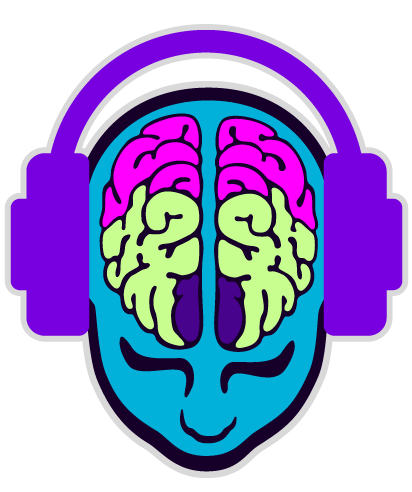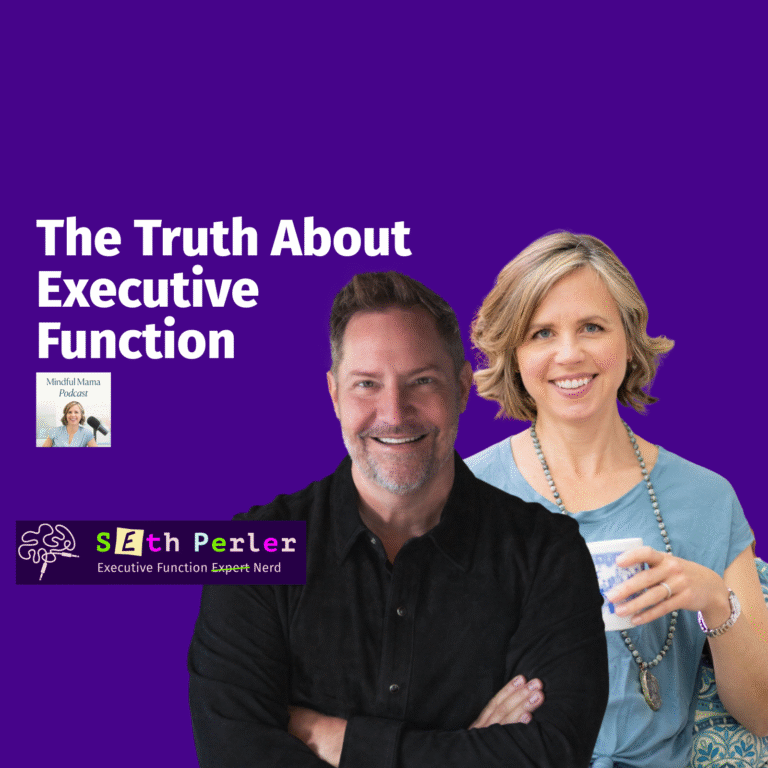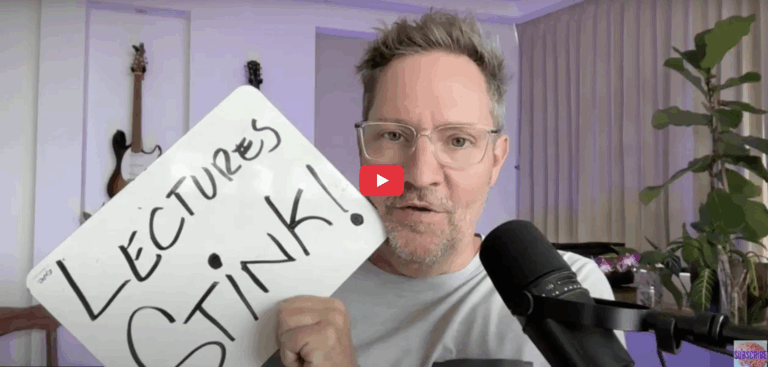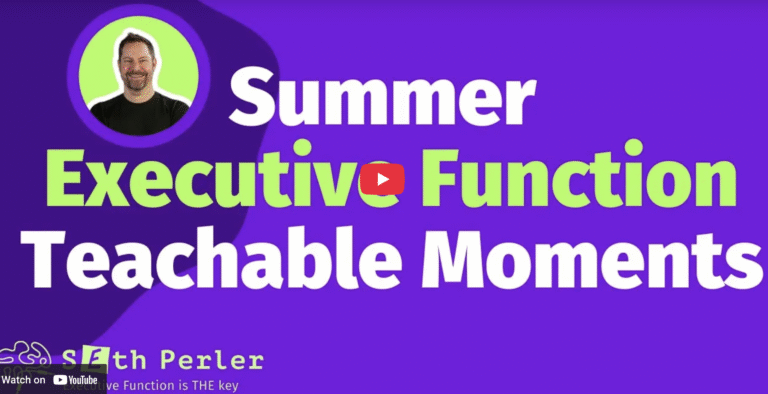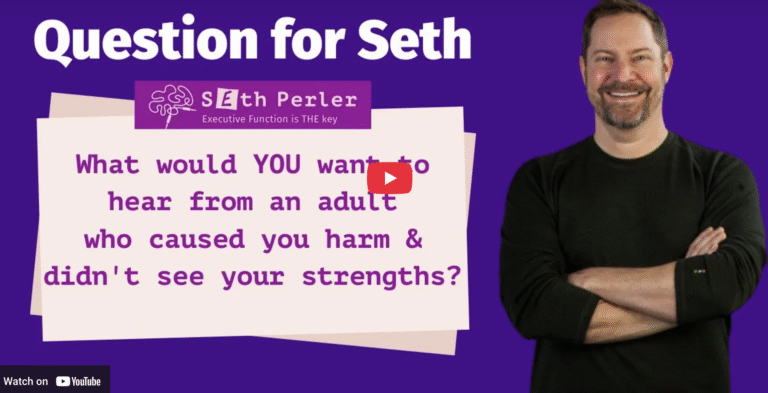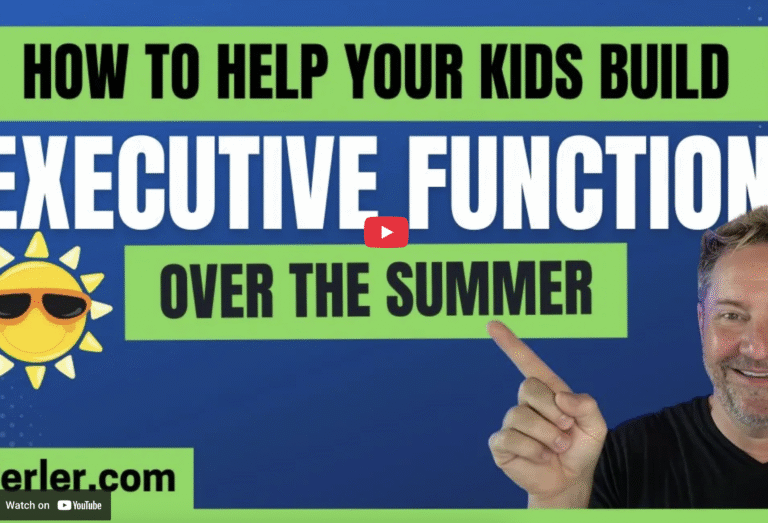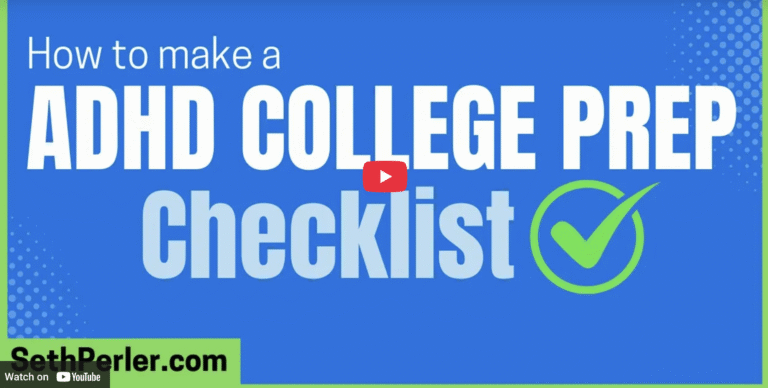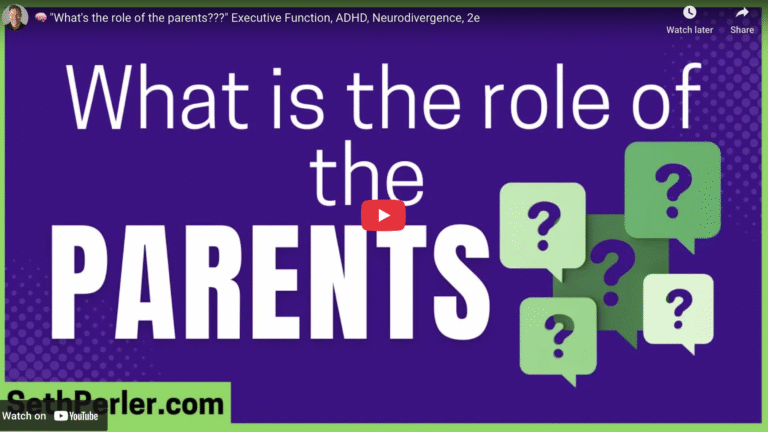Can ADHD people MEDITATE?
PART 2: An actual 3 min meditation (starts at 2:15) Today is about: Can people with ADHD and Executive Function challenges meditate, why does it even matter, and how to get started. Meditation has been the BEST thing for adhd/ef ever, because it helps me manage my attention/focus, and as
